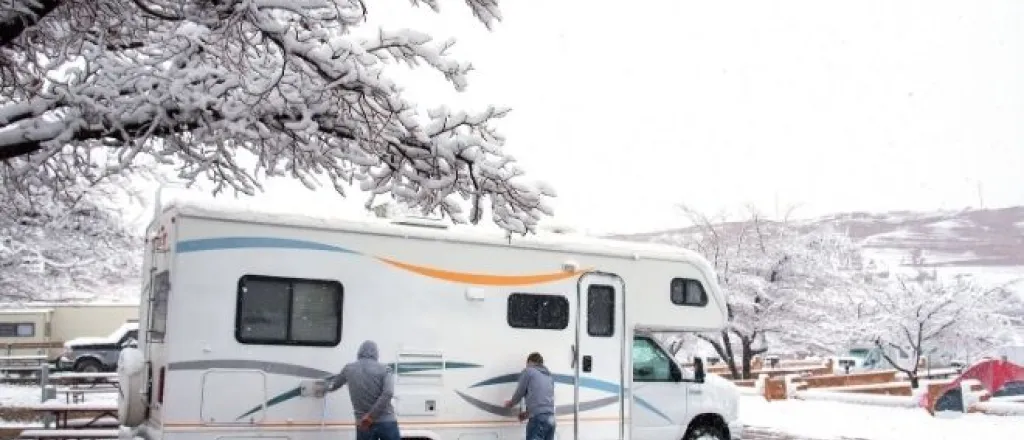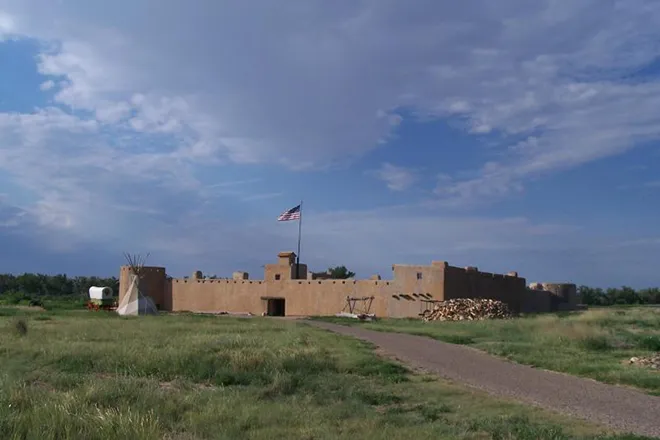
2 Top Tips for Your First Winter RV Trip
When winter starts to get you down, one of the best solutions is to take a trip to the great outdoors. After all, who doesn’t want the chance to breathe in the crisp, fresh air and enjoy a quiet corner of the countryside? Thankfully, Colorado is full of incredible destinations to visit in your RV—even in the middle of winter. With the right supplies and preparations, you can outfit your camper for a cold-weather excursion. Cozy up in your well-insulated RV and turn a frigid winter weekend into an unforgettable vacation opportunity. When you hit the road, stay safe and comfortable with these top tips for your first winter RV trip.
Insulation Is Crucial
When you venture into colder climates, you need your RV to retain as much heat as possible. There are a few key insulation techniques you can use. Install an RV skirt around the base of your vehicle to keep cold winds from blowing against the underbelly. This will help protect the pipes and tanks beneath your RV and keep the floor of the interior warmer beneath your feet. Pay attention to other areas that lose heat easily, such as the windows, door, and vents. You can install vent covers or thermal curtains to protect these areas. As you insulate your RV, make sure you leave some room for air to flow. Too much insulation can lead to excess condensation and humidity, which can cause mildew and other moisture problems. Allow for some ventilation to keep the interior of your RV dry and fresh throughout your travels.
Protect Your Plumbing System
One of the most crucial tips for your first winter RV trip is to pay special attention to your pipes, holding tanks, and other parts of the plumbing system. You don’t want to find yourself stuck at a campsite with no running water. More importantly, frozen pipes can lead to cracks and ruptures that ruin your plumbing system and cost a lot of money to repair. The plumbing system is essential for a comfortable RV trip, so make sure you learn how to prevent your pipes from freezing, take good care of your holding tanks, and keep the overall system safe in cold weather.
















